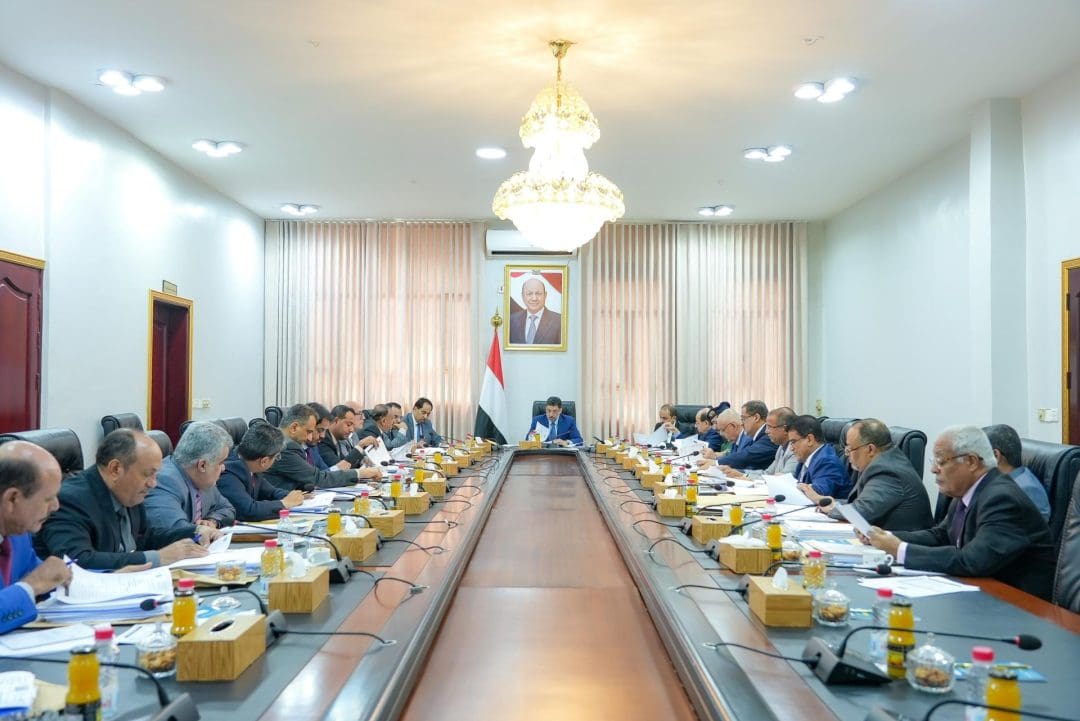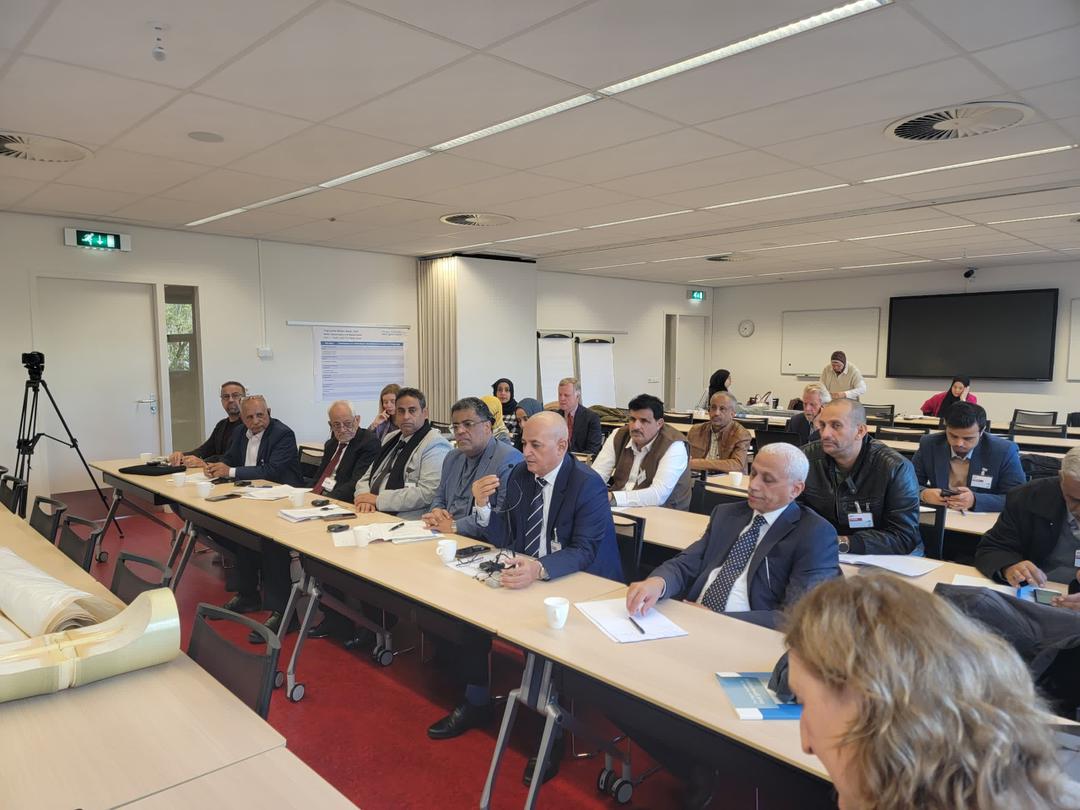Strict Enforcement of Import Regulations
The Yemeni Cabinet has underscored the importance of strictly implementing measures to control import bills and regulate demand for foreign currency. The government supports the efforts of the Central Bank of Yemen, particularly in its legal policies regarding bank oversight and management of the banking sector. These actions aim to deter currency speculation, manage monetary supply, and enhance market stability. The Cabinet has directed relevant ministries and agencies to take responsibility for closely monitoring the prices of goods and services while controlling inflation rates.
Strengthening Border Controls Against Currency Smuggling
The Cabinet has reaffirmed its commitment to intensifying security measures at border crossings to prevent foreign currency smuggling. The government will take all necessary legal actions to address imbalances and currency speculation. Furthermore, officials emphasized the need to advance government priorities, implement economic and financial reforms, and enhance transparency, accountability, and anti-corruption efforts. They aim to improve the government’s access to public resources and ensure the fulfillment of its obligations. The Cabinet also highlighted the importance of adhering to agreements made with the Central Bank during discussions with the Prime Minister regarding the coordination of financial and monetary policies, as well as the urgent disbursement of delayed salaries for state employees.
Addressing Political and Security Developments
During the meeting, the Cabinet reviewed several political, military, and security issues, including regional and international changes and their potential impacts on Yemen. The Prime Minister presented a comprehensive overview of the political developments on the regional and international stages, including the Israeli escalation in Palestine and Lebanon, as well as the Houthi militia’s terrorist attacks on commercial vessels and international navigation. The Cabinet discussed peace efforts and the need to prepare for all possible changes. The Prime Minister also shared insights from meetings with European Union and Russian ambassadors during their visit to Aden, emphasizing regional and international efforts to keep Yemen a priority on the global agenda.
Currency Stabilization Efforts
Dr. Ahmed Awad bin Mubarak addressed the initiatives of the Presidential Leadership Council, the government, and the Central Bank to halt the decline in the national currency’s value and its associated consequences. He stressed the importance of implementing directives issued by the President of the Presidential Leadership Council.
Legislative Amendments Approved
The Cabinet approved a draft amendment to Article 40 of the Republican Decree Law No. 32 of 2006, which pertains to crimes and penalties related to blood money. This amendment follows a proposal from the Supreme Judicial Council, and the Cabinet instructed the completion of the necessary legal procedures.
Protocol for Combating Human Trafficking
The Cabinet ratified the Arab Protocol for the Prevention and Combating of Human Trafficking, particularly concerning women and children. This protocol complements the Arab Convention against Transnational Organized Crime. Its primary goal is to prevent and combat human trafficking crimes, protect victims, and ensure their human rights. Additionally, it aims to enhance cooperation among member states in addressing these crimes.
Local Revenue Collection Report
The Cabinet reviewed a report on the collection of local financial resources for the first half of the 2024 fiscal year in liberated provinces. The report, presented by the Minister of Local Administration, indicated that local and joint revenue collections reached 20 billion and 11 million Yemeni riyals. This figure represents an increase of 6 billion and 476 million riyals—48% above the estimated target for the same period last year, and a 7% increase compared to the first half of the previous year. The report also highlighted existing challenges in local revenue collection, and the Cabinet expressed its support for necessary measures to enhance public resource collection in accordance with local authority laws.
Call for Immediate Ceasefire in Gaza and Lebanon
The Cabinet reiterated its urgent call for an immediate cessation of Israeli aggression in Gaza and Lebanon. It emphasized the need to implement UN resolutions regarding ceasefire and the delivery of humanitarian aid. The Cabinet condemned the ongoing suffering of civilians in Gaza and demanded an end to Israeli attacks that violate international law and humanitarian principles. Yemen maintains its steadfast position supporting the Palestinian people’s right to establish an independent state, as outlined in international law and the Arab Peace Initiative. The Cabinet also expressed its support for the Lebanese state and its sovereignty, particularly regarding its exclusive rights over arms and decisions concerning peace and war.
To follow the news in Arabic



